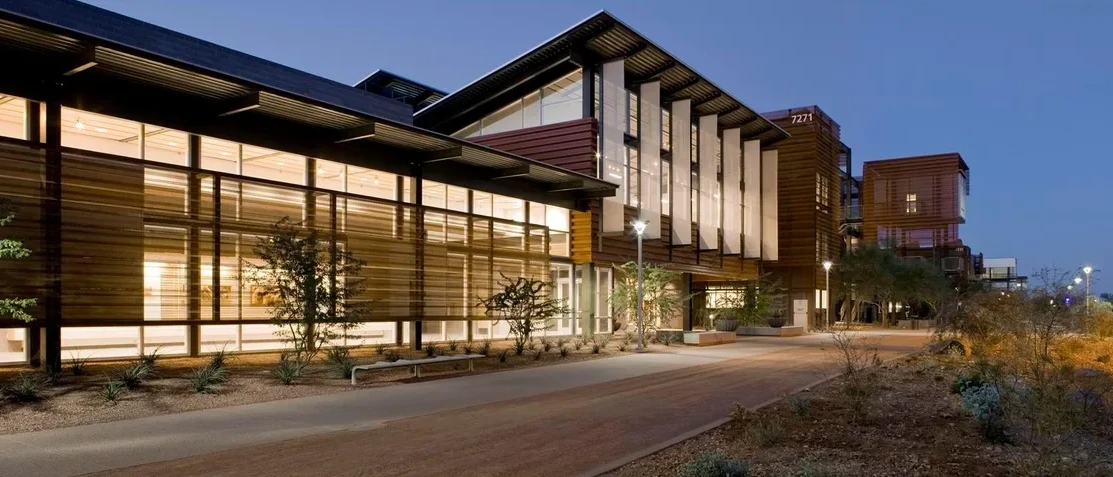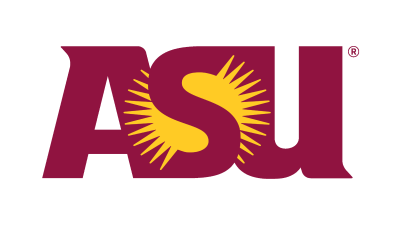

Arizona State University (Polytechnic Campus)
Technical Communication, BS
Study detals
: Bachelor's degree : Technical Communication, BS LSTECBS : Full time : 48 MonthRequirements
Academic requirements
First-year students must:
- Have a 3.00 grade point average (GPA) (a "B" or better where "A"=4.00) from a secondary school. Some ASU programs may have higher admission or English proficiency requirements and may consider a minimum ACT or SAT score.
- Must have three years of high school coursework. (If you are currently in high school, ASU needs to see 9–11 grade coursework. If you have completed high school, ASU needs to see 10–12 grade coursework.)
- Must have and present a completed high school diploma or certificate.
Conditional admission
ASU may offer conditional undergraduate admission to international applicants to an on-campus program who meet the academic (aptitude) requirements but who are not proficient in English. This offer of conditional admission will give you time to improve your English proficiency before you start classes at ASU. Your conditional admission offer is good for up to three semesters, during which time you must meet one of these requirements to begin your ASU experience.
Competency requirements
International students who completed high school outside the U.S. are required to meet the following competency requirements:
- Math: four years (algebra I, geometry, algebra II and one course requiring algebra II as a prerequisite).
- Laboratory science: three years total (one year each from any of the following areas are accepted: biology, chemistry, earth science, integrated sciences and physics).
Provide evidence of English language proficiency (TOEFL 61)
Speciality
Also available online
Additional information
Program description
Technical communication is applied workplace communication that makes technical or specialized information understandable and available to many different users. It involves using a range of technologies to craft an ever-expanding array of print and digital information products: websites, social media sites, help files, training materials, grants and proposals, and data visualizations, to name just a few.
Technical communicators work in many professional roles, such as information developers, grant writers, web interface designers or user experience specialists. What all of these roles have in common is the focus on creating accessible and appealing communication that has a practical purpose and is intended for a particular audience.
Students in the technical communication program learn how to analyze, write, design, produce and manage print and digital information using traditional and developing technologies.
This major is eligible for the Western Undergraduate Exchange program at the following location: Polytechnic campus. Students from Western states who select this major and campus may be eligible for reduced nonresident tuition at a rate of 150% of Arizona resident tuition plus all applicable fees.
Concurrent program options
Students pursuing concurrent degrees (also known as a “double major”) earn two distinct degrees and receive two diplomas. Working with their academic advisors, students can create their own concurrent degree combination. Some combinations are not possible due to high levels of overlap in curriculum.
Global opportunities
Global experience
Students who learn technical communication while studying abroad will have an advantage in many workplaces. Having a global view of applied workplace communication, they become well-rounded communicators, able to use various print and digital information products to relate technical and specialized information. Through participation in one of the more than 300 available Global Education programs, students expand their scope of learning beyond the classroom and gain hands-on experience in different and exciting cultures.
Many of the School of Applied Professional Studies programs allow students to earn credit toward their major for their experiences studying abroad.
The Bureau of Labor Statistics estimates that job growth in technical writing will grow higher than average during the next 10 years, at a rate of 7%. Software and electronics companies, media corporations, financial institutions, government agencies, nonprofits and other areas will see an increased demand for writers.
Students in the program prepare for careers such as:
- communication manager
- content strategist
- data visualization specialist
- engineering support specialist
- information architect
- new media or social media specialist
- public relations specialist
- technical writer
- user experience specialist
- web content creator